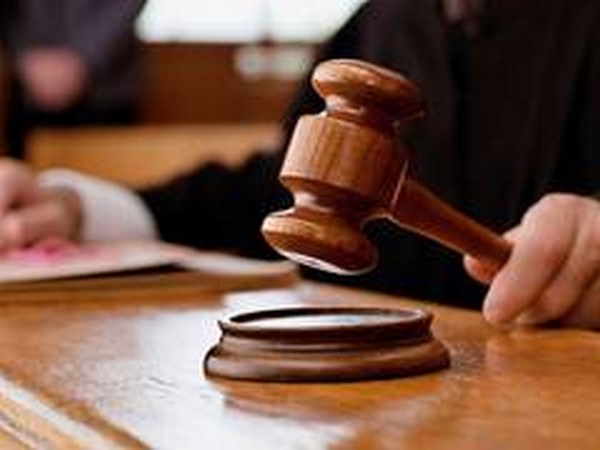Pretoria High Court Rocked by Fraud Scandal as Three Officials Suspended
The allegations involve fraudulent and corrupt activities taking place within the court's administrative framework.

- Country:
- South Africa
Three senior officials from the Pretoria High Court have been placed on precautionary suspension following grave allegations of fraud and corruption. This significant development was announced by the Office of the Chief Justice (OCJ), which has vowed to maintain a strict zero-tolerance stance against unethical conduct within the judiciary.
According to a statement released by the OCJ, the suspended officials—whose identities remain confidential due to the ongoing nature of the investigation—are being scrutinized in a probe led by the Directorate for Priority Crime Investigation, popularly known as the Hawks. The allegations involve fraudulent and corrupt activities taking place within the court's administrative framework.
Protecting the Integrity of the Investigation
The OCJ emphasized the importance of placing the officials on precautionary suspension to ensure the ongoing investigation remains uncompromised. “The OCJ takes a zero-tolerance approach to fraud and corruption and the officials were therefore placed on precautionary suspension to allow investigations to proceed without being compromised,” the statement read.
This decision underscores the OCJ’s proactive approach to rooting out misconduct in the judiciary and ensuring accountability through cooperation with law enforcement agencies. The judiciary’s integrity, it said, is of paramount importance, and any deviation from ethical standards will be met with swift administrative action and criminal scrutiny.
Connection to Wider Investigations in the Judiciary
This latest development follows closely on the heels of another disturbing episode within South Africa’s judicial system. Just days earlier, Chief Justice Mandisa Maya conducted an official visit to the Mthatha High Court in the Eastern Cape in response to alarming reports of bribery and administrative corruption.
At the Mthatha court, officials are alleged to have solicited bribes from legal professionals to carry out basic administrative tasks such as locating lost case files, providing transcriptions, and assigning trial dates—duties that are part of their official roles. These reports prompted both an internal probe by the OCJ and a criminal investigation by the South African Police Service.
The OCJ revealed that it had become aware of the Mthatha allegations in December 2024. In response, a forensic investigation was launched in accordance with its Fraud Prevention and Anti-Corruption Policy, while close coordination was maintained with law enforcement to ensure a thorough and lawful process.
Caution Urged in Public Disclosures
In its statement, the OCJ urged caution in disclosing detailed information to the media or public to preserve the integrity of ongoing investigations. “The department took a prudent approach to releasing specific details on its ongoing investigation to the media so as not to jeopardise any future legal processes or further investigations that may ensue,” the statement added.
The OCJ reiterated the importance of collaboration between stakeholders—including the media, legal professionals, and the public—in combating corruption and ensuring transparency within the justice system. It called for responsible reporting and vigilance that does not hinder legal proceedings or investigations.
Broader Implications for Judicial Integrity
These twin scandals at the Pretoria and Mthatha High Courts have sent shockwaves through the judiciary and raised questions about the effectiveness of existing internal oversight mechanisms. As the investigations progress, calls are growing for enhanced transparency, stronger enforcement of anti-corruption policies, and better protection for whistleblowers.
While the OCJ has affirmed its commitment to integrity and legal accountability, the coming weeks will likely be critical in determining the extent of the rot and what structural reforms might be necessary to restore public trust in the judicial system.










